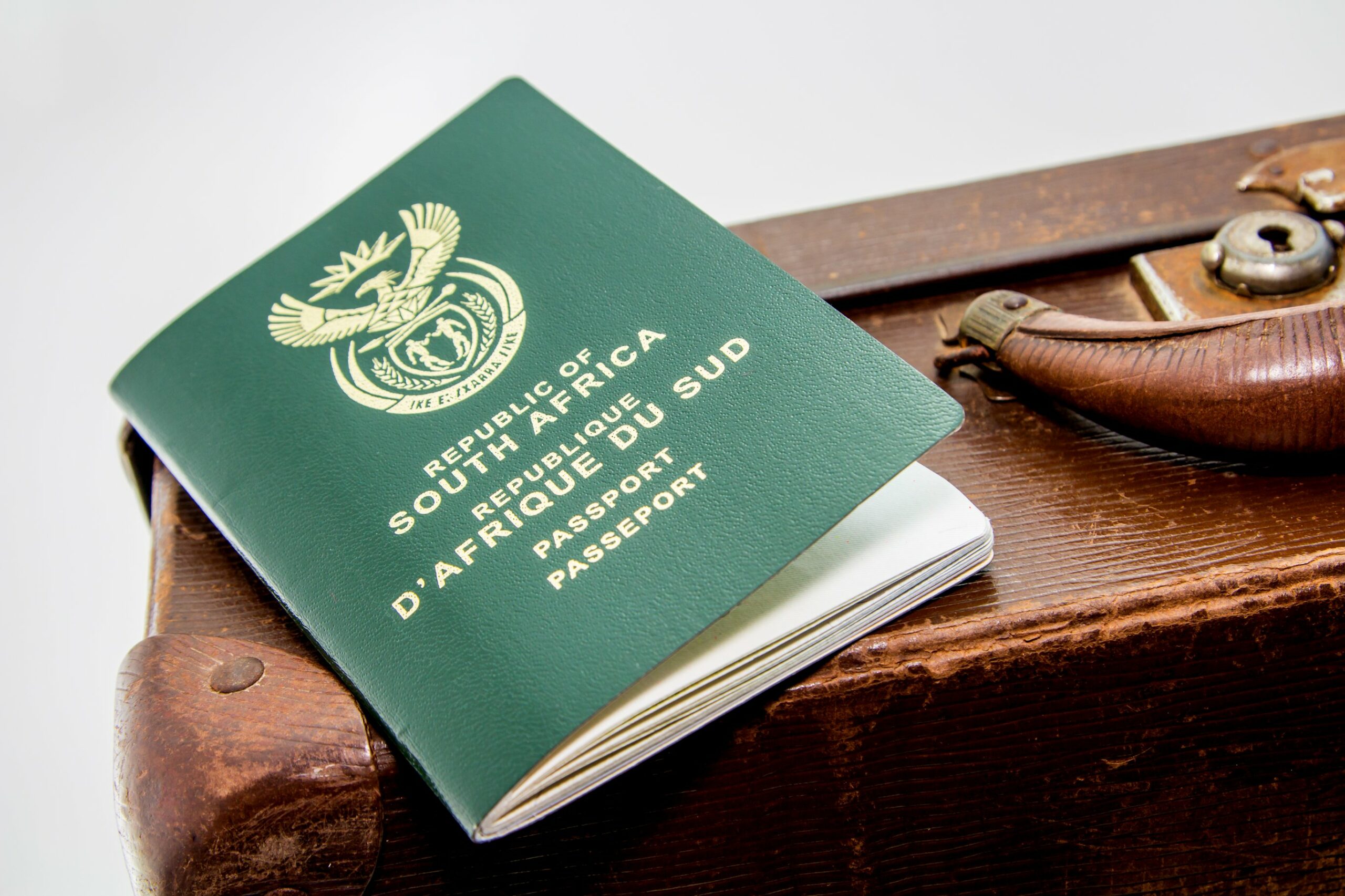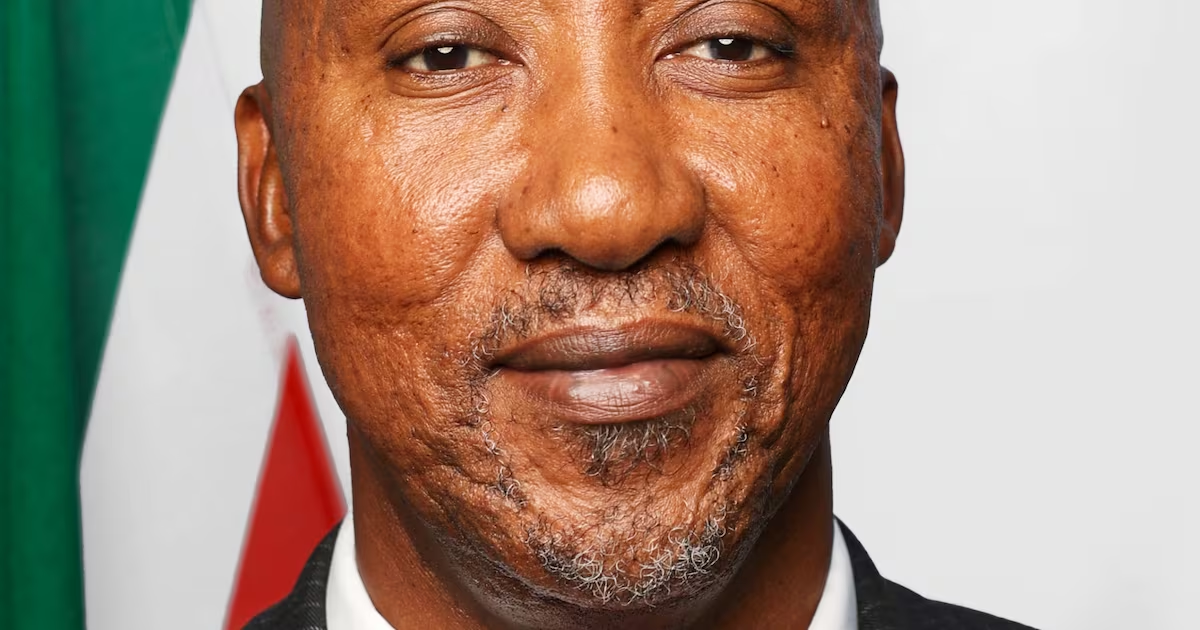News
Home Affairs Shake-Up: What’s Changing for Passports, IDs and Visas in South Africa

For most South Africans, a trip to Home Affairs is something they approach with dread. Whether it’s standing in endless queues for a Smart ID, waiting months for a passport, or navigating the headache of visa applications, the department has long been synonymous with inefficiency.
But something unusual is happening: Home Affairs is changing and this time, the improvements feel real.
A New Era Under an Unlikely Partnership
The department is now being steered by Minister Leon Schreiber of the Democratic Alliance and Deputy Minister Njabulo Nzuza from the ANC. On paper, it looks like an awkward pairing. In practice, it has become a symbol of how South Africa’s Government of National Unity (GNU) can work when political rivals put delivery before ideology.
Since stepping in last year, Schreiber has taken every opportunity to talk about progressand to back it up with numbers. Speaking at the PSG Think Big webinar, he laid out a vision of a Home Affairs that is digital, efficient, and fit for a capable state.
Goodbye, Green ID Book?
One of the most striking successes has been in issuing Smart ID cards. Home Affairs handed out 3.5 million cards in the past year, a full million more than its target. That’s no small feat when you consider that 18 million South Africans still carry the old green ID book, a document Schreiber calls “the most defrauded on the African continent.”
The green book may have been part of our identity for decades, but its reputation for fraud means its days are numbered.
Banks Step In: ID and Passport Services Where You Shop
A breakthrough many South Africans have been waiting for is the expansion of ID and passport services into banks. While a small pilot has existed for years, only 30 branches ever offered the service. Now, major banks, including Standard Bank, FNB, Absa, Nedbank, Capitec, African Bank and Discovery Bank, have signed up to scale the model.
Soon, you’ll be able to order a Smart ID or passport at over 1,000 branches, even in rural areas. And it won’t stop there: imagine logging into your banking app to apply for a new passport the same way you check your balance. That’s where Home Affairs is heading.
Visa Backlogs Cleared and New Doors Opening
On the visa front, the department has quietly pulled off something extraordinary: it cleared a 10-year backlog of 306,000 applications in just one year. For a department often accused of dragging its feet, this is a turnaround story in itself.
Tourism, too, is getting attention. Through the Trusted Tour Operator Scheme (TTOS), South Africa welcomed 27,000 Chinese and Indian visitors in just five months. The scheme cuts red tape by letting tour operators take responsibility for their clients, making it easier for tourists to get here and boosting the economy in the process.
And in the coming weeks, the long-awaited Electronic Travel Authorisation (ETA) will finally roll out. For foreign visitors, that means faster, automated entry. For South Africa, it means visa fees start generating much-needed revenue.
The Big Picture: Digitisation and Clean Governance
Perhaps the most ambitious reform lies in digitisation. By re-engineering services with technology, Home Affairs hopes to do more than improve efficiency, it wants to close the door on corruption.
“Automation reduces human bias and interference,” Schreiber explained, arguing that digitisation is not just about convenience but about accountability. With fewer paper files and middlemen, there are fewer opportunities for bribes or delays.
Public Reaction: Skepticism Meets Hope
South Africans have heard big promises from Home Affairs before. On social media, many remain cautious: “We’ll believe it when the queues disappear,” one X (formerly Twitter) user quipped. Others, especially young professionals tired of outdated systems, are more optimistic. As one commenter wrote: “If I can order a passport from my banking app, I’ll forgive every queue I ever stood in.”
The department’s credibility will depend on whether these reforms stick and whether citizens can feel the change in their everyday lives.
A Turning Point?
Home Affairs is not suddenly perfect. The queues haven’t vanished, and millions still clutch their fragile green ID books. But the progress on Smart IDs, passports, and visas signals something bigger: the state can change, and it can deliver.
If these reforms hold, South Africans may finally get a Home Affairs that works for them, not against them. And in a country where government inefficiency often feels like an immovable force, that is no small victory.
{Source: BusinessTech}
Follow Joburg ETC on Facebook, Twitter , TikTok and Instagram
For more News in Johannesburg, visit joburgetc.com


























